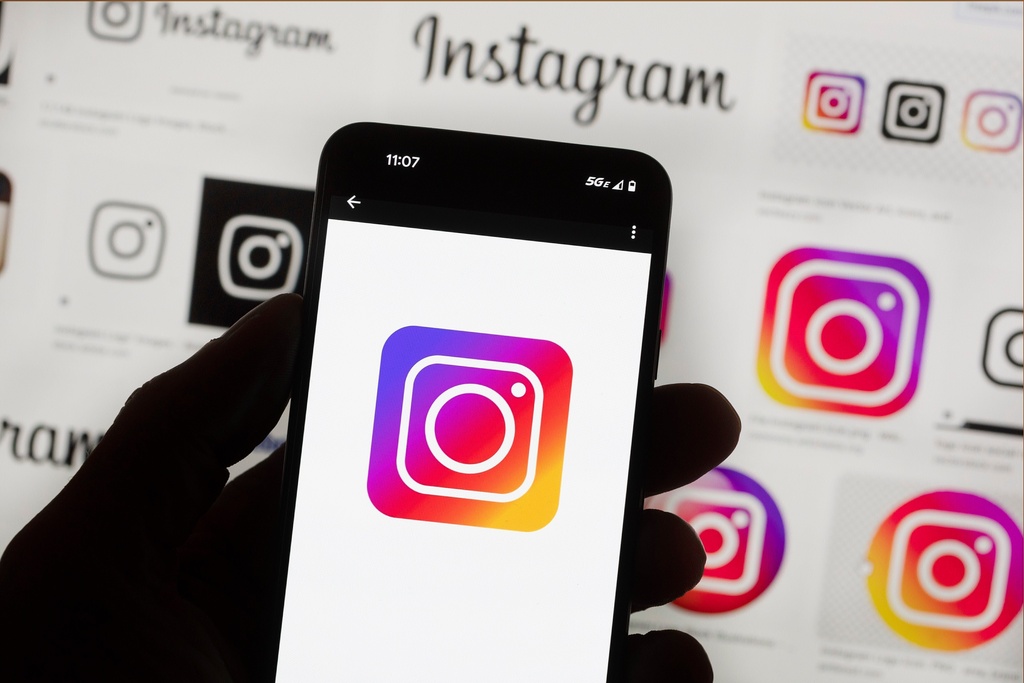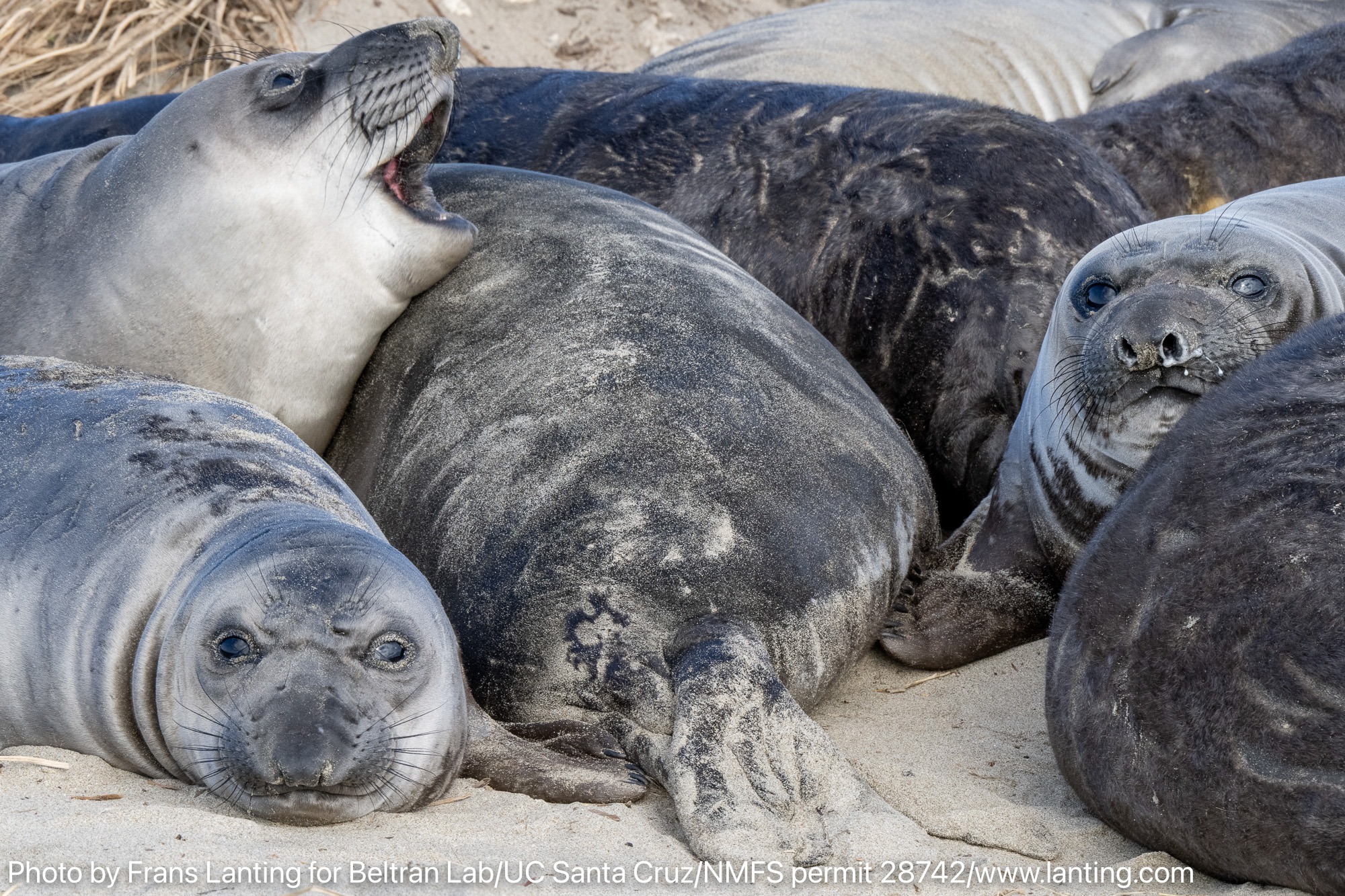Black, Latinx and Native communities have been disproportionately affected by the coronavirus. Yet, most vaccine trials now underway lack a diverse participant pool.
"We've got to get a higher percentage of minorities into the clinical trial so that when we get the data, we can say that it applies equally to the minority communities," says Dr. Anthony Fauci, Director, National Institute of Allergy and Infectious Diseases. "We want to make sure that when we say that something is safe and effective, we mean it's safe and effective for everyone."
Historically, communities of color haven't always been treated well in clinical trials. For example: after the 40 year Tuskegee Syphilis experiment ended in the '70s, researchers failed to not only inform Black male participants that they were suffering from the disease but did not treat them.
"That for many African-Americans, remains a really potent symbol of mistreatment and research abuse," says Sandra Quinn, professor and chair of the Department of Family Science at the University of Maryland. Quinn is an expert on public health disparities.
"It's not just history," she says. "There's the ongoing bias in the health care system. We know that there are challenges related to access to care in the system today that Black and brown Americans feel and experience."
Ethnicity or race alone doesn't make you more susceptible to the coronavirus. But rather the CDC says long-standing systemic health and social inequities have increased the risk for these groups. Factors include: health care access, wage gaps, and occupations.
And they have real impacts. When compared to non-Hispanic White people, Latinx are nearly 3 times more likely to get COVID-19. Native Americans are 5 times more likely to be hospitalized. And Black people are twice more likely to die.
Each vaccine trial in Phase 3 requires 30,000 participants. While the FDA encourages diversity, it doesn't require it. Some experts worry that diversity might be pushed to the side in a rush to develop a vaccine.
"Unfortunately, we're already seeing that it is compromised," says Dr. Steven McDonald, ER Physician and Assistant Professor, Columbia Medical Center.
Recent University of California San Francisco research reviewed six COVID-19 clinical trials and found that Black patients were underrepresented in all studies. Two of those studies didn't report the race of volunteers at all.
"As a Black frontline worker, you are producing an incomplete trial. If you do not recruit a sufficient number of Black patients," says Dr. McDonald.
Experts say one reason for the lack of diversity in clinical trials is the lack of information. Minority populations aren't aware that studies are being done. They say, by spreading the word, we can increase participation and ultimately build trust. But participating in clinical trials comes with a risk.
"It's really important that you paint it as equivocal as you can. You don't know whether this could possibly harm them or whether it's going to be of real benefit to them and that you're really asking them to do a favor for humanity," says Dr. Emily Landon, Executive Medical Director, Infection Prevention and Control, University of Chicago Medicine.




 President Trump Defends Downplaying The Threat Of COVID-19
President Trump Defends Downplaying The Threat Of COVID-19






